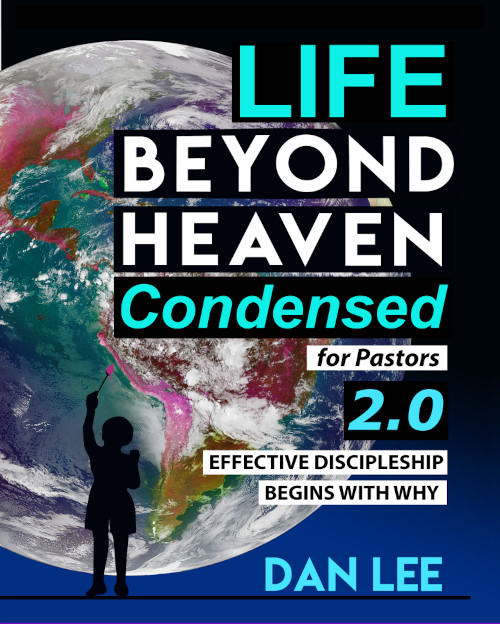Published in 2021, 56 pages.
James is an immensely practical book … once you get past the critical theological issues it presents for today’s church. On the theological front, James is probably the most misinterpreted book in the New Testament – so much so that Martin Luther, the father of Protestant Christianity, wanted to tear it from the pages of scripture. Luther saw a conflict between James’ letter and the doctrine of salvation by faith alone. But Luther saw only dimly the truth that resolves that surface conflict – namely, the Judgment Seat of Christ. (In fairness to Luther, he was reclaiming basic Christian truths, so his relative lack of familiarity with the Judgment Seat can readily be excused.)
The Judgment Seat of Christ is an investigation of believers’ lives after Christ returns. It’s an examination in which He will establish our role in His coming kingdom. (Our citizenship in that kingdom, if we are believers in Him, is never in doubt.)
When James speaks of the inadequacy of faith without obedience, it’s my conviction he has in view the impact that being faithful to God makes at the Judgment Seat of Christ. James is not reflecting on salvation. He certainly wants to sober us with the importance of living out our faith in active obedience … and to encourage us with the great benefits of so living (for both others and ourselves). But he is not asking us to question our eternal life.
With this paraphrase, you can relax and move past the unnecessary theological controversy of James to focus on his practical instructions for living in a way that brings God’s delight now … and His esteem and bounty at the future Judgment Seat of Christ.




